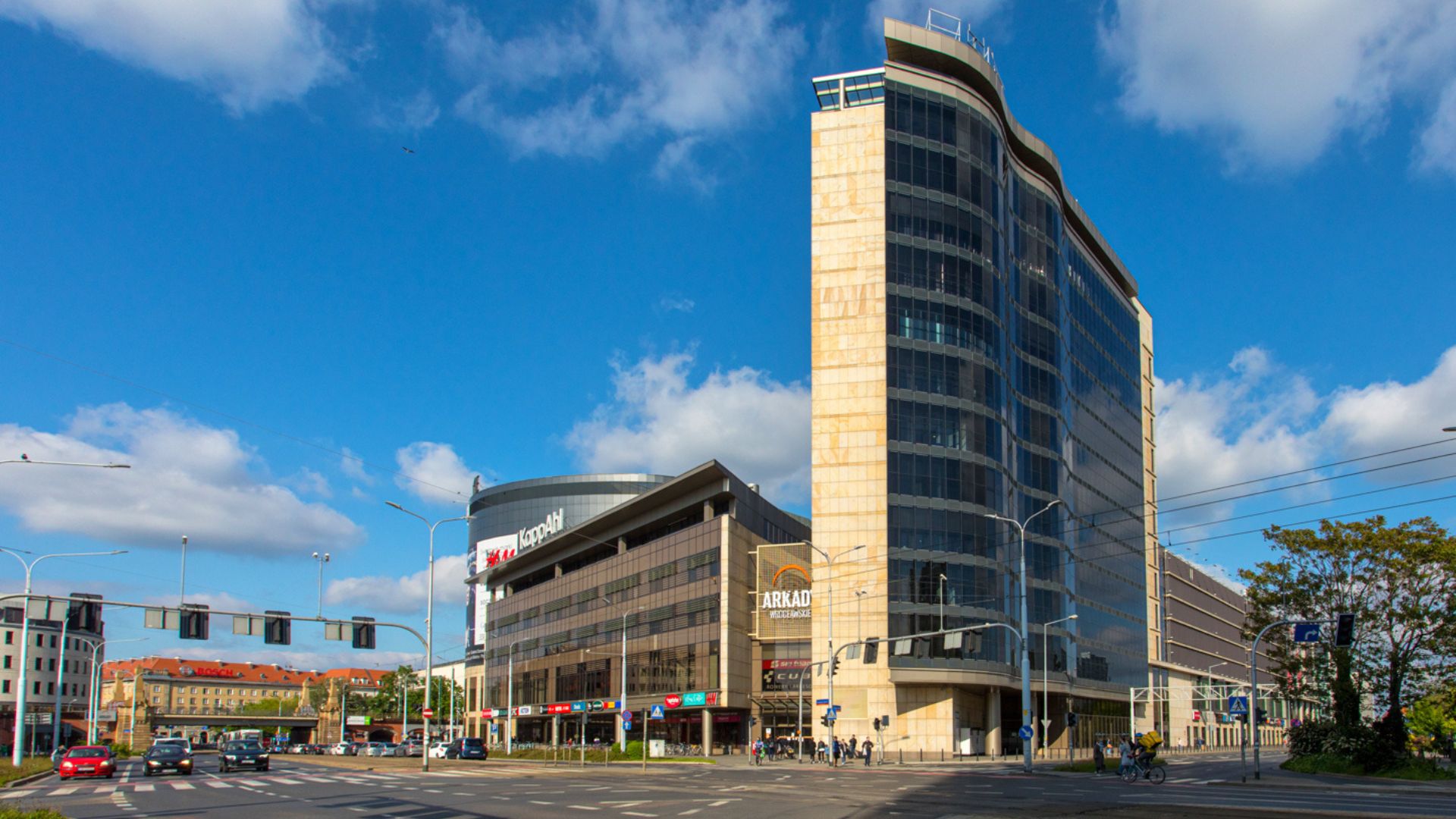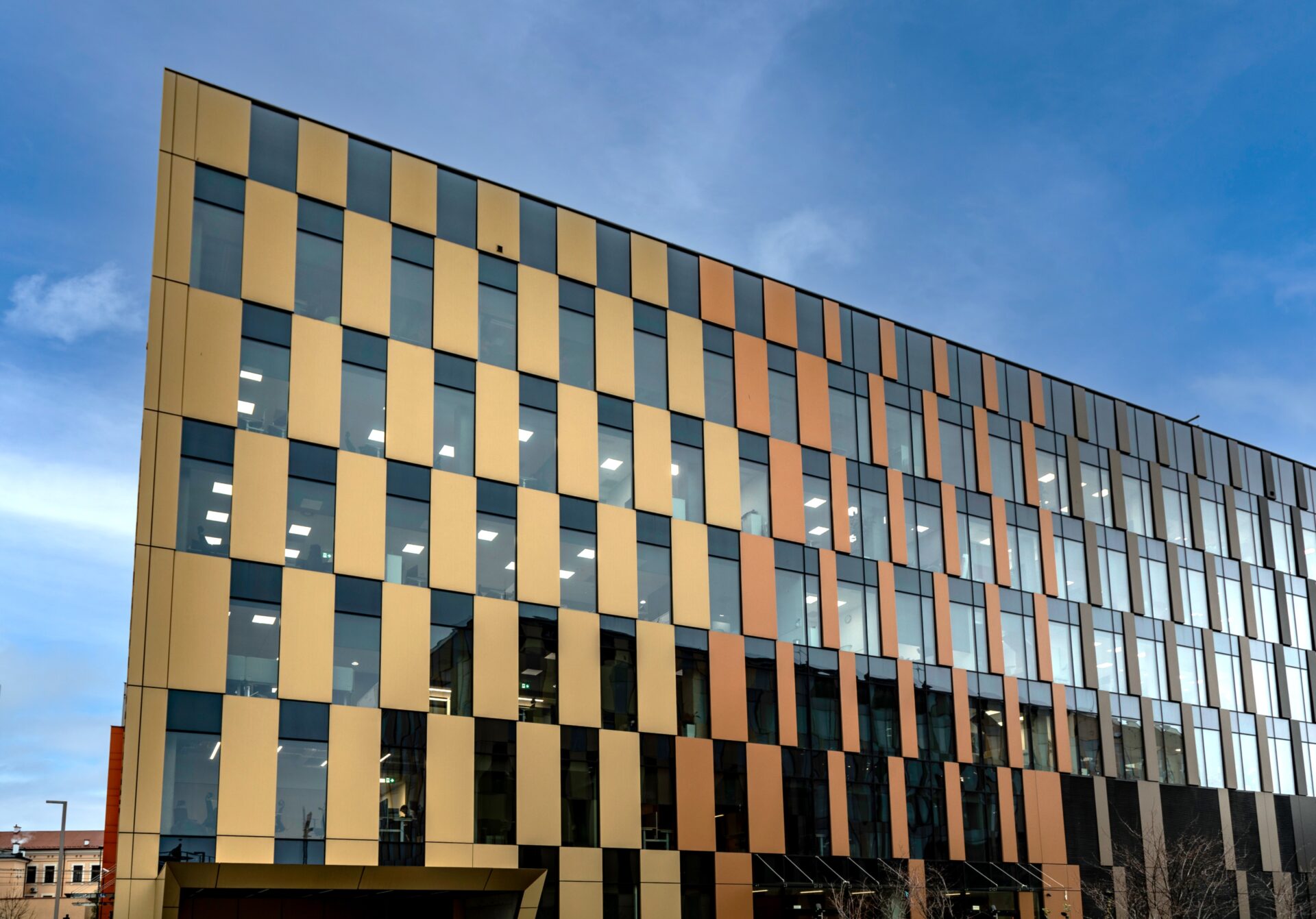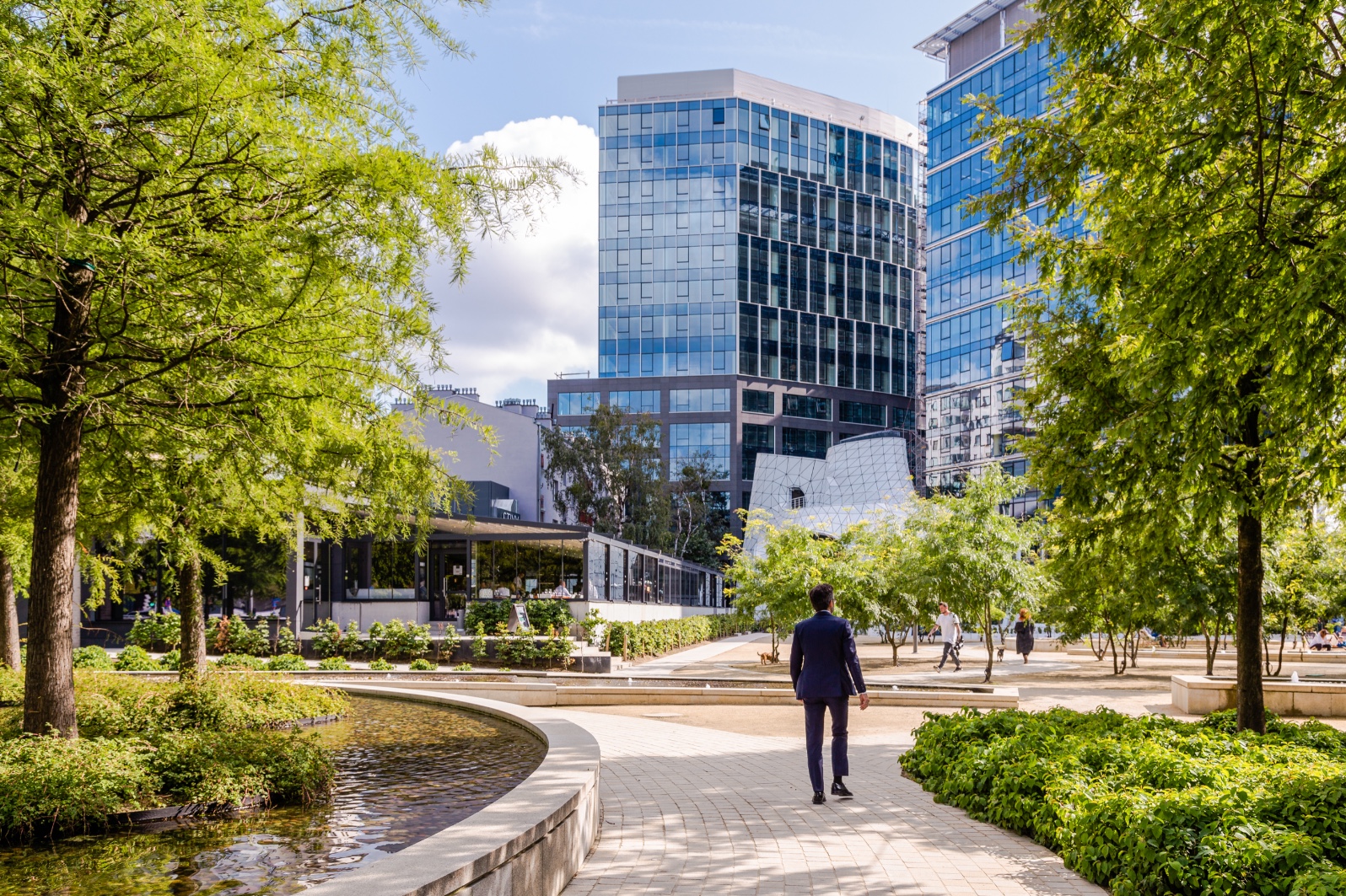Leading industry decision-makers recently gathered in Sopot for the 2nd annual Baltic Sea Region Real Estate Awards CEO Networking Forum. The event featured discussions on the current state of the logistics, warehousing, office, investment, retail, residential, PRS, and hotel and leisure markets. It was a high-impact day with discussion panels, culminating in a traditional curtain-raiser for the evening gala awards.
Expert speakers presented the key insights and investor sentiments shared during discussions at the event. As well as exploring the current outlook for market stability and growth potential, the increasing importance of sustainability and ESG compliance, perspective on financing conditions and legislative developments, and much more.
The panellists agreed that the Baltic region is experiencing robust growth in its real estate markets, driven by foreign investments and domestic demand. They highlighted that each country in the area has its own market dynamics, strengths, and weaknesses.
They noted that investor sentiment towards the Baltic region is cautious due to geopolitical instability and economic uncertainties. Despite this caution, they observed that the overall trend remains positive, with increased foreign investment and rising domestic demand, particularly in capital cities.
Logistics fueled by e-commerce and Central European pipelines, is anticipated to be the most dynamic sector. Many companies are relocating their manufacturing to the Baltic region, attracted by favourable tax environments, skilled workforces, and strategic geographic positioning.
With its large seaports, the Baltic region is capitalizing on its location advantages to attract businesses. Modern industrial spaces are crucial here. Despite uncertainty in office demand, projects in the Tricity region are progressing, driven by shared services and logistics sectors.
“As its transport infrastructure continues to be developed and extended, Gdańsk has become a very attractive city for business where demand for industrial space remains high. This is due to its location near one of the largest seaports in Europe,” explained Panattoni.
The region’s developers focus on multifunctional spaces that offer a unique work-life balance, attracting talent and companies alike. Gdansk, one of the largest office markets, is witnessing expansion into former shipyard areas.
Speakers agreed that beds and living assets increasingly offer interesting development opportunities to international investors. The Tricity region’s quality of life, retail options, public transport, safety, and entertainment make it one of Poland’s happiest cities. It’s also becoming a magnet for talent migration, particularly in IT.
Retail development is focused on repositioning shopping centres to meet evolving customer needs, emphasizing customer experience. Developers adapt assets to meet ESG criteria throughout the real estate cycle, prioritizing sustainability and well-being.
In conclusion, the uncertain investment market situation is a chance for new players to enter the real estate market. According to speakers, the regional geopolitical landscape, marked by economic challenges, war, and uncertainty, has created a vacuum of quality investments. In this way investors and developers are expected to continue showing interest in high-quality, sustainable assets offering a yield premium, reflecting the region’s growing real estate market.







